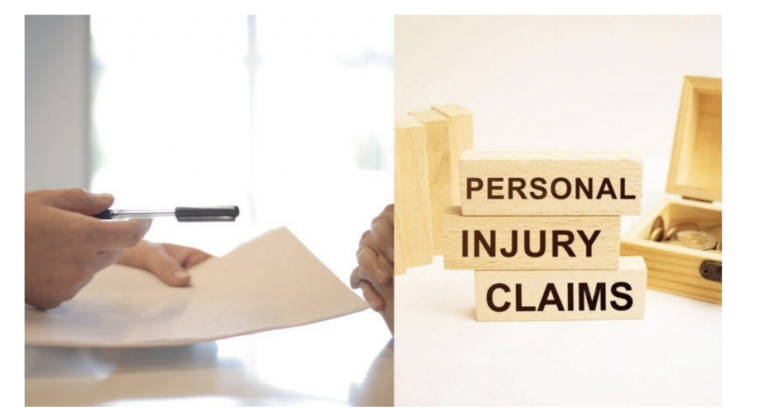Things to Do and Not Do During a Personal Injury Settlement Negotiation
When facing the tough task of negotiating a personal injury settlement, being well-prepared and having a smart plan are vital. After an accident, you may face physical, emotional, and financial challenges. However, a fair settlement can ease the burden.
Consider hiring a personal injury lawyer if you’re looking to get help negotiating with the insurance company. This makes sure you receive fair compensation for your injuries and losses.
This article explores important things to do and avoid during a personal injury settlement negotiation.
What to Do During a Personal Injury Negotiation
Seek Appropriate Medical Care
Get the right medical attention for your injuries. This helps in:
- Determining the extent of your injuries
- Determining the necessary medical care needed
This documentation of your injuries and treatment is essential during the negotiation process. It provides concrete evidence of the losses you’ve suffered and the costs associated with your recovery, strengthening your case for a fair settlement.
Maintain Control of Information
It’s essential to not overshare information regarding your case. This entails being cautious about what you disclose and to whom. Avoid discussing your case on social media platforms. This precaution is vital because refraining from such discussions helps preserve potential evidence and safeguards your legal position.
By limiting what you share, you prevent unintentionally providing information that could be used against you, ultimately protecting your interests during the negotiation process.
Set Realistic Expectations
Make sure to have reasonable and practical hopes for your personal injury settlement talks. This involves knowing the strengths and weaknesses of your case and what outcomes are probable. Realistic expectations assist in making smart choices while negotiating, improving your chances of reaching a successful agreement.
Establishing a Positive Impression
Building a favorable rapport with the insurance adjuster is another important step during personal injury negotiation. This involves maintaining professionalism and a cooperative attitude throughout the process. This helps you create an environment for constructive dialogue, increasing the likelihood of a successful negotiation.
Remember, the adjuster plays a significant role in determining the outcome of your settlement. So, a positive impression can work in your favor.
Submit a Well-Documented Demand Letter
Prepare a demand letter that includes all the necessary supporting documents. This letter outlines your case and the compensation you are seeking.
What Not to Do During a Personal Injury Negotiation
Don’t Rush to Accept the Initial Offer
It’s crucial not to agree to the first settlement proposal. Take your time and carefully evaluate the offer to ensure it fairly compensates you for your injuries and losses. Rushing into a settlement can result in receiving less than you deserve.
Avoid Sharing Case Details on Social Media
Keep your personal injury case information off social media platforms. This is because discussing your case online can potentially harm your claim. Anything you say or post may be used against you, so it’s best to stay silent about your case online.
Remember Future Damages
Don’t overlook the potential long-term effects of your injuries. Consider future damages like ongoing medical treatment, rehabilitation, and lost earning capacity when negotiating your settlement.
Focusing solely on immediate losses may leave you unprepared for future expenses.
File Your Case Promptly
Don’t delay in filing your personal injury case. Waiting too long can lead to legal complications. This can make it challenging to pursue your claim effectively. Consult with a personal injury attorney promptly to ensure your case is filed within the statute of limitations.
Don’t Minimize Your Injuries
Avoid downplaying the seriousness of your injuries during negotiations. Be honest about the impact they have on your life, as minimizing them can undermine your case. Provide accurate information about your injuries and their effects to strengthen your position.
Conclusion
Your actions in a personal injury settlement negotiation hold great significance. They determine the outcome of your case. Understanding the right actions and avoiding the wrong ones is of utmost importance. Ensure you approach the negotiation with care, communicate clearly, and seek professional advice.

